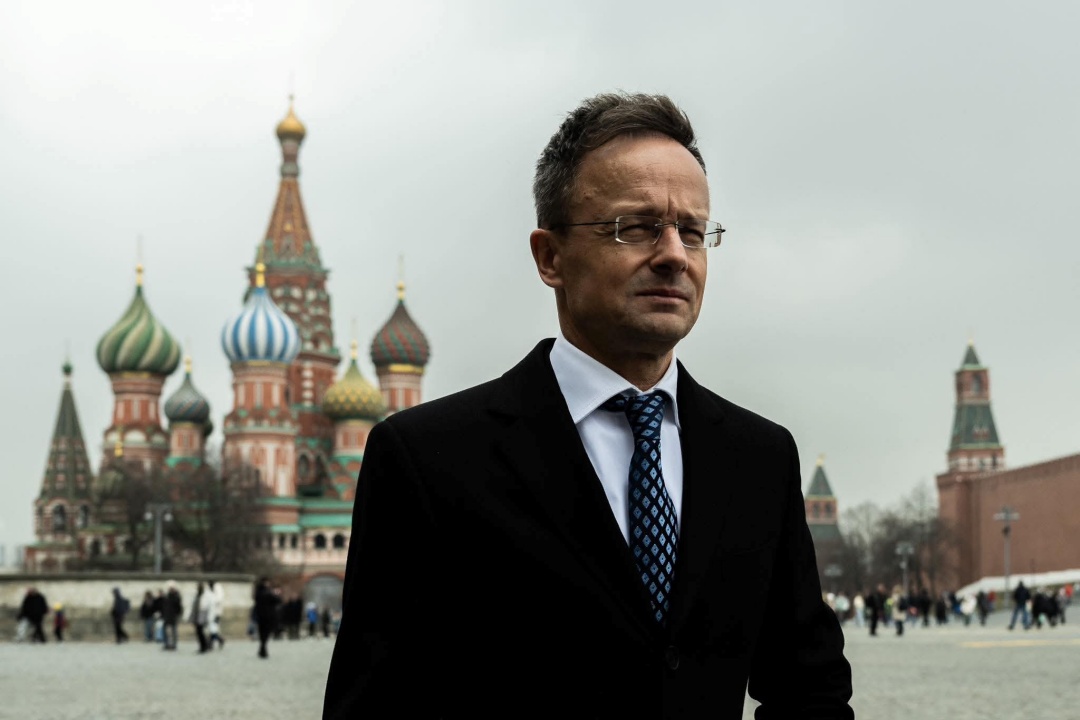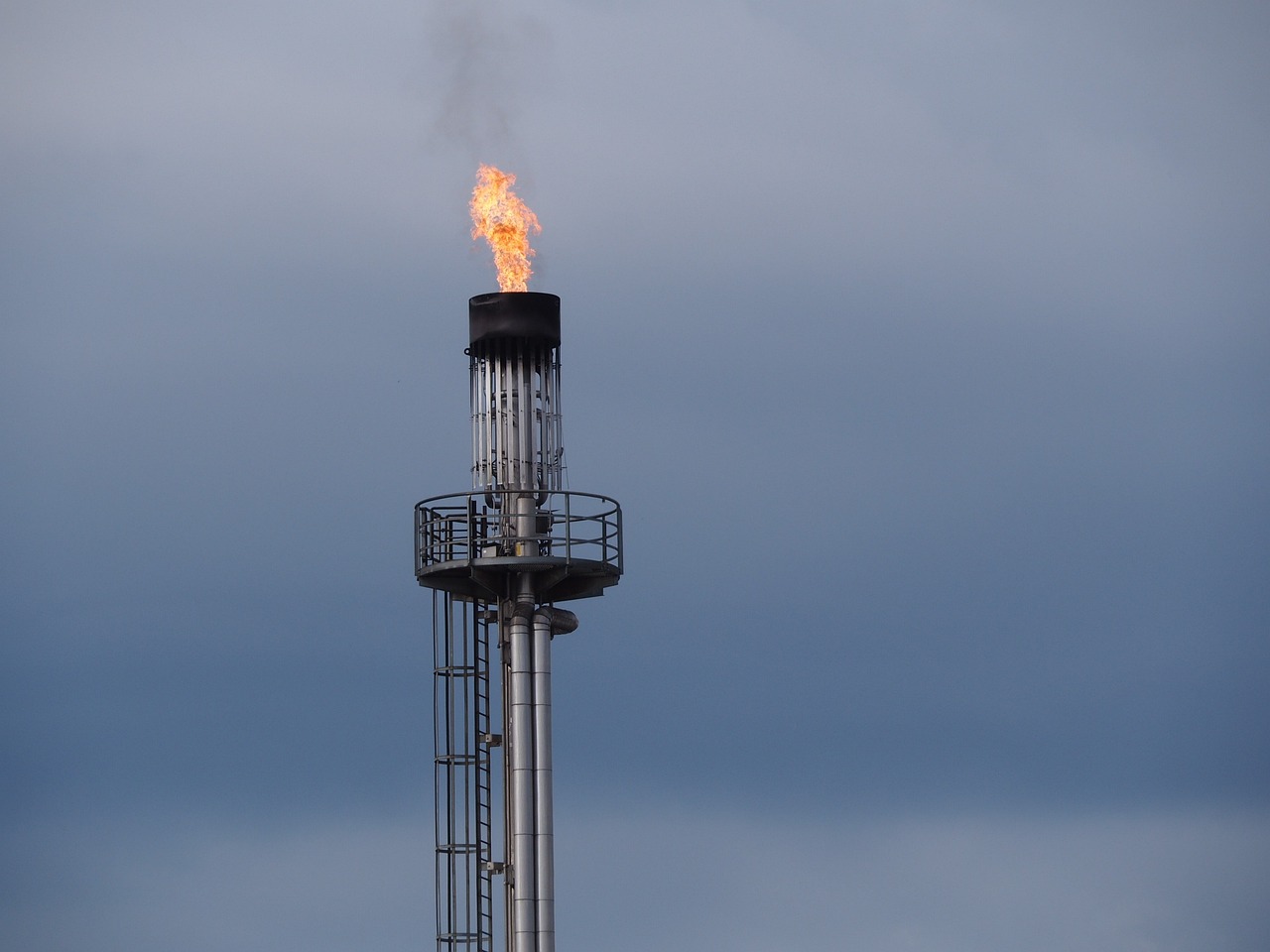
Péter Szijjártó visited Moscow to talk about energy security with Deputy Prime Minister of Russia, Alexander Novak and other politicians.Continue reading

It has now become such a big business to buy gas from or through Hungary that the country is now a premium market. Hungary is effectively a regional gas distribution center, without which there is no regional security of supply, Világgazdaság reports. Not only is there enough gas for imports by Slovak and Ukrainian traders, but there is also plenty of gas for domestic users.
At present, natural gas arrives in Hungary from four directions, the fifth source of the market is domestic production, the sixth is the stock of underground gas storage facilities. While domestic supply is diversified – Russia is the primary source of gas used – exports are also buoyant. The upsurge in trade also confirms that Hungary is now a premium market and a regional gas distribution center, energy market expert József Balogh explained to Világgazdaság.
One striking sign of the market’s recovery and Hungary’s growing regional role is that while natural gas from Austria has not been entering Hungary for months, deliveries have recently resumed.
The energy carrier arriving from there accounts for almost a tenth of the total. The extra volume from Austria is needed because traders were already short of the volumes they had been receiving via the three countries. The most important of these – with a weight of almost 80 percent – are imports from Serbia, with Russia’s Gazprom as the shipper. Romania is the second largest recipient, with just over 10 percent, and there is also a steady flow of smaller imports from Croatia. The latter country’s gas arrives in liquefied form in tankers from the world market at the Croatian port.
The gas entering the Hungarian gas system from Austria also travels immediately to Slovakia, with our northern neighbor receiving about a third of the gas received by Hungary. It is not excluded that some of it will be transported onwards to Ukraine. Ukraine is preparing for the coming winter with such vigor that it has already announced deliveries in May and even summer. In this context, more than a fifth of Hungarian imports leave via the Hungarian-Ukrainian border.
In addition to imports, the Hungarian market is supplied by gas from storage and domestic production. The filling rate of domestic storage is a high 36 percent, according to public EU statistics.
Foreign Minister Péter Szijjártó announced in Komárom (Hungarian town near the Slovak border) on Tuesday that the natural gas pipeline linking Hungary and Slovakia was operating at increased capacity. “So far, we have been able to transport 2.6 billion cubic meters per year between the two countries. From today, this will increase to 3.5 billion cubic meters,” he said.
“And the need for this is shown by the fact that the pipeline is running at full capacity. In the first three months of this year, the volume of natural gas transported through Hungary to Slovakia has increased by 50 percent compared to last year’s record volume,” he stressed. “So Ukraine caused difficulties for both of us, but Slovaks and Hungarians, we solved this problem ourselves. I cannot talk at great length about the help of the European Union, because there was none,” he added.
On the issue of energy security, Mr. Szijjártó recalled that Ukraine had cut off natural gas transit, creating a serious supply challenge for the entire Central European region.
And if we, Slovaks and Hungarians, had not made two courageous decisions earlier, we would be in big trouble now.
If we had not built the TurkStream pipeline despite the threats of sanctions, and if we had not built the Hungarian-Slovak interconnector despite everyone laughing at us, (…) then we would not have a secure gas supply in either country, and either we would not have heating, or the factories would not be able to work,” he underlined.
Via Világgazdaság, MTI, Featured photo via Pixabay